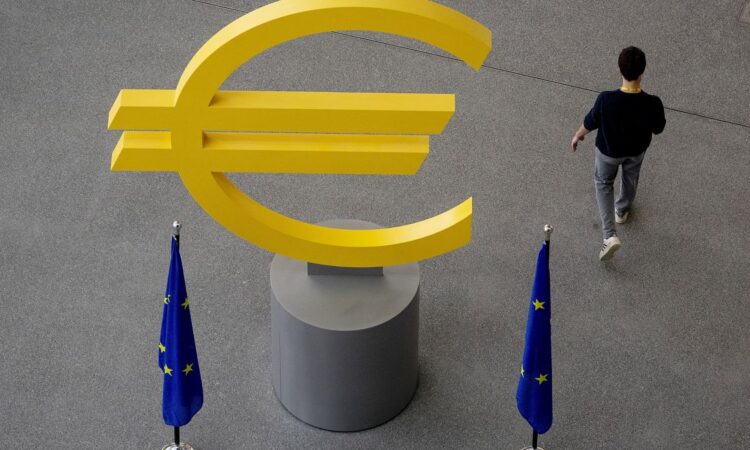
The week will be focused on key economic data and political events including the euro area’s inflation readings, jobs data from the US, and the UK’s general election.
Financial markets will focus on several key economic data points that could shape market trends for the week. The Eurozone is set to release its estimated inflation reading for June, while leaders of global central banks are poised to speak at the ECB Forum. Additionally, the US is scheduled to release key jobs data, which will provide insights into the Fed’s interest rate trajectory. The UK’s general election will also be in the spotlight.
Europe
Germany will report its preliminary CPI for June. The country’s annual inflation increased to 2.4% in May, the highest in five months. Costs in services were the primary driver of price increases. Consensus forecasts Germany’s inflation may remain sticky, with a 0.2% increase month on month in June.
More importantly, Eurostat is set to release the initial estimate of inflation data for the euro area, based on energy prices and preliminary Consumer Price Index (CPI) reports from 13 euro area member states. Annual inflation climbed to 2.6% in May from 2.4% in April, the highest in three months. The resurgence of energy prices was the biggest contributor to the increase. Early releases from major euro area economies indicate that inflation may be slightly cooler for June, with consensus suggesting consumer prices will rise by 2.5%, and core inflation, excluding food and energy, will ease to 2.8% from 2.9% in the previous month.
Additionally, the President of the European Central Bank (ECB), Christine Lagarde, will speak at the ECB forum on Wednesday, providing guidance for the central bank’s interest rate trajectory and economic outlook.
Furthermore, voting in the UK general election takes place on Thursday 4 July. According to the latest Politico poll, the centre-left Labour Party is leading with a support rate of 42%, while the incumbent centre-right Conservative Party has fallen significantly behind at 20%, followed by the right-wing populist Reform Party at 18%. The Conservatives’ slump to a record low and the surge in support for Reform reflect the results of the EU elections, highlighting public dissatisfaction due to the rising cost of living.
The US
It will be a shortened trading week on Wall Street due to the Independence Day holiday. The key focus in the US will be on the country’s labour market and the FOMC meeting minutes. Fed Chair Jerome Powell will also speak at the ECB Forum, which will be a key event for the global markets.
On Wednesday, the JOLTS job openings data for May will provide a leading indicator of the overall health of the US labour market. Job openings fell to just above 8 million in April, the lowest level since February 2021, suggesting that the country’s labour market was cooling. This data will be followed by the non-farm payroll report for June on Friday, offering further insights into employment conditions.
The FOMC meeting minutes will also be released on Wednesday, providing clues on the Fed’s interest rate path. The reserve bank kept the interest rate on hold in a range of 5.25% to 5.5% in its June meeting and projected that there would be only one rate cut this year, instead of three cuts anticipated during the previous meeting in March.
The US added 272,000 new jobs in May, up from 165,000 in April, but the unemployment rate rose to 4% for the first time since January 2022. Despite these signs of softening, the country’s labour market remains tight, which may continue to delay the Fed’s decision to cut rates. Consensus forecasts predict 189,000 new jobs to be added and the unemployment rate to remain at 4%.
Asia Pacific
In Asia, the market’s focus will be on the Reserve Bank of Australia’s (RBA) meeting minutes, Australia’s retail sales, Japan’s Tankan manufacturing and non-manufacturing PMIs, and China’s Caixin services PMI.
The RBA’s meeting minutes can be the most focused event as the RBA is likely to raise the interest rate again at its next meeting in August due to a resurgence in the country’s inflation. The cash futures market indicates a 45% probability that the bank will hike the interest rate to 4.6% from 4.35%. However, retail sales figures have shown signs of slowing down because of high interest rates and increased living costs.






